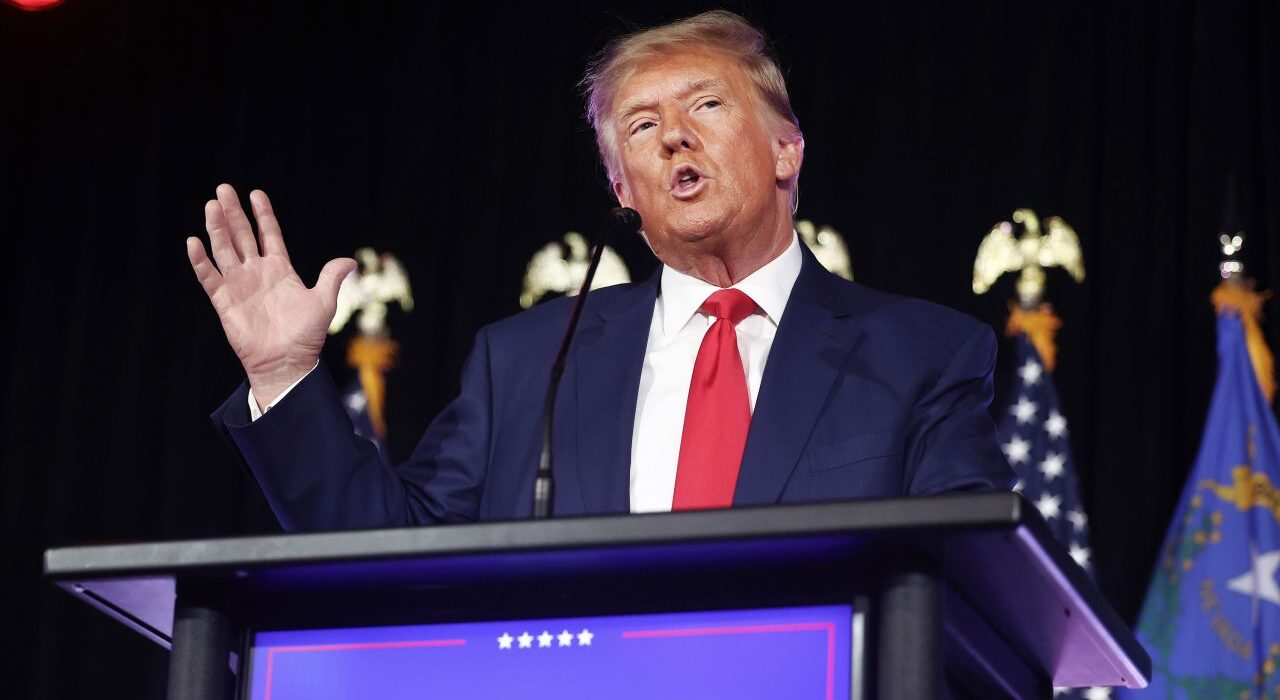United States President Donald Trump recently orchestrated a diplomatic gathering at the White House, assembling leaders from five West African nations. The summit was not merely ceremonial; it unfolded against the backdrop of escalating trade tensions that threatened to send shockwaves through economies reliant on commerce with the US.
During this meeting, Trump engaged in discussions with representatives from Gabon, Guinea-Bissau, Liberia, Mauritania, and Senegal. The agenda included talks on business opportunities and collaboration prospects between the US and these countries.
In his characteristic style, Trump exhibited an air of optimism as he welcomed the visiting dignitaries. He lauded their nations as
“very vibrant places with very valuable land, great minerals, great oil deposits and wonderful people.”
It was a moment when political rhetoric met economic pragmatism in the elegant halls of diplomacy.
“There’s a lot of anger on your continent. We’ve been able to solve a lot of it,” remarked Trump during the lunch meeting. This sentiment encapsulated his belief in America’s role as a peacemaker and problem-solver on the global stage.
The discussions between President Trump and the African leaders were expected to cover diverse topics such as economic development, security cooperation, infrastructure enhancement, and democratic governance. These areas form the bedrock of sustainable progress for any nation navigating its way through modern challenges.
Amidst pledges of support for mutual growth and prosperity, each leader articulated their country’s unique aspirations and priorities. Gabon’s President Brice Oligui Nguema emphasized his nation’s wealth in raw materials and expressed a desire for local processing capabilities through strategic investments in energy infrastructure.
President Bassirou Diomaye Faye of Senegal highlighted investment opportunities in tourism – pitching an enticing proposition involving a golf course just hours away from New York City. Such gestures are not mere courtesies but strategic invitations aimed at fostering bilateral ties that benefit both sides economically.
The United States International Development Finance Corporation also made significant commitments during this engagement by announcing funding for projects like the Banio Potash Mine in Gabon. This initiative is expected to bolster Gabon’s self-reliance while creating new avenues for American businesses to engage with African markets.
As conversations veered towards broader issues such as migration patterns and drug trafficking routes that crisscross these regions – particularly Senegal, Mauritania, and Guinea-Bissau – concerns about security challenges took center stage. These pressing matters underscored the need for collaborative efforts in combating transnational threats that endanger both American and African interests.
While diplomatic pleasantries were exchanged during this high-profile rendezvous at the White House, underlying tensions simmered beneath the surface regarding US trade policies vis-a-vis Africa. The specter of punitive tariffs loomed large over discussions as questions lingered about how mutually beneficial trade relations could be nurtured amidst what some termed as “
abusive” tariff proposals targeting African nations.
On one hand stood assertions by US officials dismissing claims of unfair trade practices; on the other lay apprehensions within Africa about sustaining partnerships under evolving aid paradigms shaped by shifting geopolitical dynamics. The recalibration of foreign aid strategies by US agencies raised valid concerns about long-term sustainability goals intersecting with immediate humanitarian needs across continents.
As global realities continue to shift amidst geopolitical maneuverings and economic recalibrations led by key players like China expanding their footprint across Africa – these dialogues serve as critical junctures defining future trajectories of international relations rooted in shared prosperity or diverging interests.

